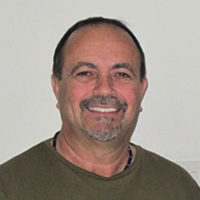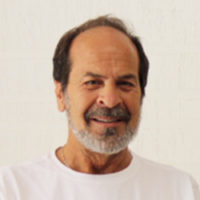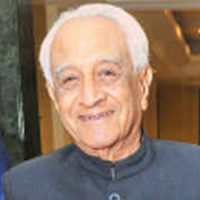No More Bone Grafts
Basal implants are used as a last resort when patients do not have enough bone density on their upper jaw for regular implants. This is a challenging procedure that requires an advanced understanding of atrophic edentulous jaws. Basal implants are a safer, less invasive alternative to extensive surgical procedures like sinus lift and ridge augmentation.
The primary reason why basal implants have become so successful is due to their simple yet sophisticated design.
The Breakthrough as It Happened…
Throughout the years basal implants were conceptualized and developed in stages by French and German dentists. The first documented instance of a successful basal implant was by Dr. Jean-Marc Julliet. The procedure grew very popular, but due to its lack of novelty, most dentists had a hard time finding a compatible surgical kit.
This is why in the mid 19980s, Dr. Gerard Scortecci, a French Dentist found an innovative way to improve the surgical procedure; he called his new kit the “Diskimplants”.
Following his breakthrough, several German dentists worked on Diskimplants to make further improvements in the field of implantology. This eventually gave rise to the popular Basal Osseointegrated Implant (BOI), alternatively known as Lateral Implants.
The Concept behind Basal Implants
The jaw bone is composed of two individual components, the alveolus which bears the teeth – known as the crestal part – and the basal bone. Because the bone is less dense in the crestal part, it is prone to getting infections from injuries, iatrogenic factors and airborne pathologies. Compared to the crestal bone the basal bone is heavy and thick because it has undergone cortication. This means that the basal bone is less prone to resorptions and infections.
Because they are properly corticated, basal bones offer adequate support to implants while offering increased load bearing capacity than the spongy crestal bone.
There are four main types of basal implants; these include screw forms which deploy a compression screw design, disk forms that are effective at external threaded connections, plate forms with their BOI-BAC Implants and tuberopterygoid (TPG) implants.
Full Mouth Implants
In Just 3 Days

Basal implants give hope and promise to patients who would otherwise have no other option than to use removable dentures. In the worst of cases, some patients have such incredibly worn out gums and bone structure that make removable dentures obsolete.
Basal implants provide these patients with a relatively less invasive surgical procedure that is immediate in producing highly effective results. There is also less need for stringent and often painful oral hygiene prior.
The Average Life Span of Basal Implants
Basal implants are designed to last for life. This is the closest medical dentistry has ever managed to come close to replacing natural teeth, offering the same functionality, feeling and look that the patient grew up with. Unless the patient undergoes physical trauma to the upper jaw area after undergoing the procedure, it is unlikely they will ever need to revisit their dentist.
This isn’t to say they shouldn’t make regular appointments with their dentist.
Advantages of Basal Implants
- The patients no longer need to undergo bone grafting.
- No need to lift the sinuses.
- Earlier technologies at best restored only 10 teeth, not including the second molars. Basal implants allow full restoration.
- Basal implants can take as little as three days to give permanent teeth to patients. This is in stark contrast to other alternatives like the cantilever restoration which requires 3 to 6 months for permanent ceramic bridges to fix.
- It is possible for patients to chew effectively because the dental arch is restored in the second molars. This is not possible with zygomatic and cantilever implants.
- Basal implants are safe procedures that are done under local anesthesia, making the entire process completely painless.
- Basal implants have a high rate of success, making them a wise choice for dental implants.
Dr Motiwala has more than 22 years of experience treating patients from USA, Uk, canada and australia.
YEARS EXPERIENCE
Implants Completed
FULL-MOUTH REHABS
FULL-MOUTH IMPLANT CASES








